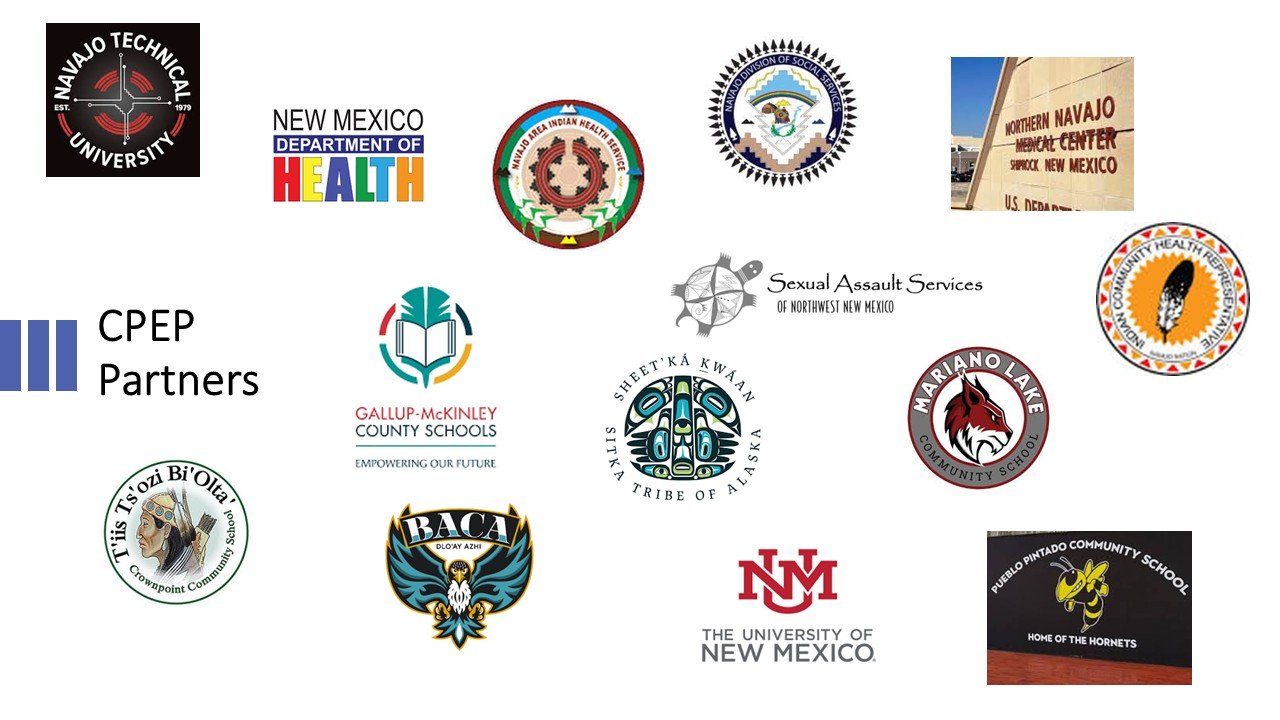CPEP
Though child sexual abuse can happen in any community, communities with specific challenges, such as histories of mistreatment by the government and marginalization through separation policies like Indian boarding schools and separating immigrant parents from their children upon border crossings, may find that community members’ ability to trust systems to assist with suspicions of child sexual abuse is low. This means that the best delivery system for primary prevention comes from well-trusted and established organizations already serving these vulnerable populations. PCAVT’s CPEP supports such organizations in their missions by providing effective, empirically based child sexual abuse primary prevention materials and virtual Training of Facilitator events to Native American Tribes, organizations that work directly with tribal communities, and organizations that serve Spanish-first-language families in Alaska and New Mexico at no cost to these entities.
The Project has funded the training of Facilitators and Trainers nested in communities along with provided the curricula to use to implement the programs. That first phase has been completed.
The second phase is the roll out for 12 months with mentoring provided by PCAVT. The group mentoring meetings are held monthly.
All questions about the CPEP program can be directed to Joy jkitchell@pcavt.org.
Our Partners
These partners are utilizing the training and materials provided by PCAVT to do comprehensive prevention to reduce the incidence of child sexual abuse in their communities!
Our Funder
Our Topics
Nurturing Healthy Sexual Development
Everything Everyone Needs to Know to Prevent Child Sexual Abuse
Brain Development and Learning Consent During Childhood
Overcoming Barriers to Protecting Children from Sexual Abuse
Understanding and Responding to the Sexual Behaviors of Children
Understanding and Responding to the Sexual Behaviors of Adolescents
Adults want to be supportive of children’s development, but may not know how to support them best. Through this training, adults will gain information and skills to develop and maintain open communication with children, identify and respond to normal as well as concerning sexual behaviors in children, answer children's questions, and give children positive messages. Nurturing healthy sexual development plays an important role in protecting children from sexual abuse and/or developing sexually abusive behaviors. Participants will: a) summarize healthy sexual development in children at different developmental stages; b) give examples of how to nurture healthy sexual development in children. Note: Facilitator Guides, PowerPoint, and Participant Handbooks are available in both English and Spanish.
Adults who are parents, caregivers, teachers, and other professionals want children to have abuse-free childhoods. This training is an important step! Participants will: a) learn interactive tools that work to keep children safe from sexual abuse b) learn what grooming is and ways to respond to protect children c) discover how to talk to children at different developmental stages about healthy behaviors d) determine how to respond to incidents of potential child sexual abuse (including understanding the mandated reporter expectations in your state). Note: Facilitator Guides, PowerPoint, and Participant Handbooks are available in English.
Adults want children to grow up with healthy relationship skills. Learning to respect others’ feelings about touch is called empathy-based consent. Brain science findings show that the optimal window for children to learn empathy skills occurs early in life. Raising children who can empathize, and honor others’ wishes about consent will build protective factors to prevent child sexual abuse. Participants will: a) understand the skills involved in respecting consent b) learn the developmental connections between childhood empathy and adult actions c) learn brain science findings on empathy and the optimal developmental window to acquire it d) learn about primary prevention strategies beginning in early childhood to prevent child sexual abuse and perpetration. Note: Facilitator Guides, PowerPoint, and Participant Handbooks are available in English.
Individuals and communities have a strong desire to prevent child sexual abuse. However, they often face barriers to protecting children, including having relationships with those exhibiting concerning behaviors. In this workshop participants will consider what adults can do to assist communities in overcoming these common barriers to protecting children, creating safe spaces through a trauma-informed lens. Participants will: a) distinguish healthy behaviors from boundary violations and pre-offending behaviors; b) practice directly addressing concerning behaviors. Individuals and communities have a strong desire to prevent child sexual abuse. Note: Facilitator Guides, PowerPoint, and Participant Handbooks are available in English.
Adults can do much to promote healthy sexual development in prepubescent children, but may not feel comfortable or have the knowledge they need to do so. Participants will: a) be able to distinguish between expected, problematic, and abusive behaviors of children b) be prepared to promote health and prevent perpetration behaviors in children c) be ready to intervene with children to prevent reinforcement of repeated harmful behaviors. Adults can develop the skills to keep children safe from other children with problematic behaviors and to promote healthy development in all children. Note: Facilitator Guides, PowerPoint, and Participant Handbooks are available in both English and Spanish.
Adults can do much to promote healthy sexual development in adolescents, but may need additional information and support to be able to be successful. Participants will: a) be able to distinguish between expected, problematic, and abusive behaviors of adolescents b) know the risk factors and protective factors associated with harmful sexual behaviors in adolescents c) be prepared to respond to prevent harmful sexual behaviors in adolescents and to be proactive when these behaviors are observed. Adults can develop the skills to keep children safe from youth with problematic behaviors and to promote healthy development in all youth. Note: Facilitator Guides, PowerPoint, and Participant Handbooks are available in both English and Spanish.
All questions about the CPEP program can be directed to Joy jkitchell@pcavt.org.
PCAVT is grateful to World Childhood Foundation for their generous funding for this project!


